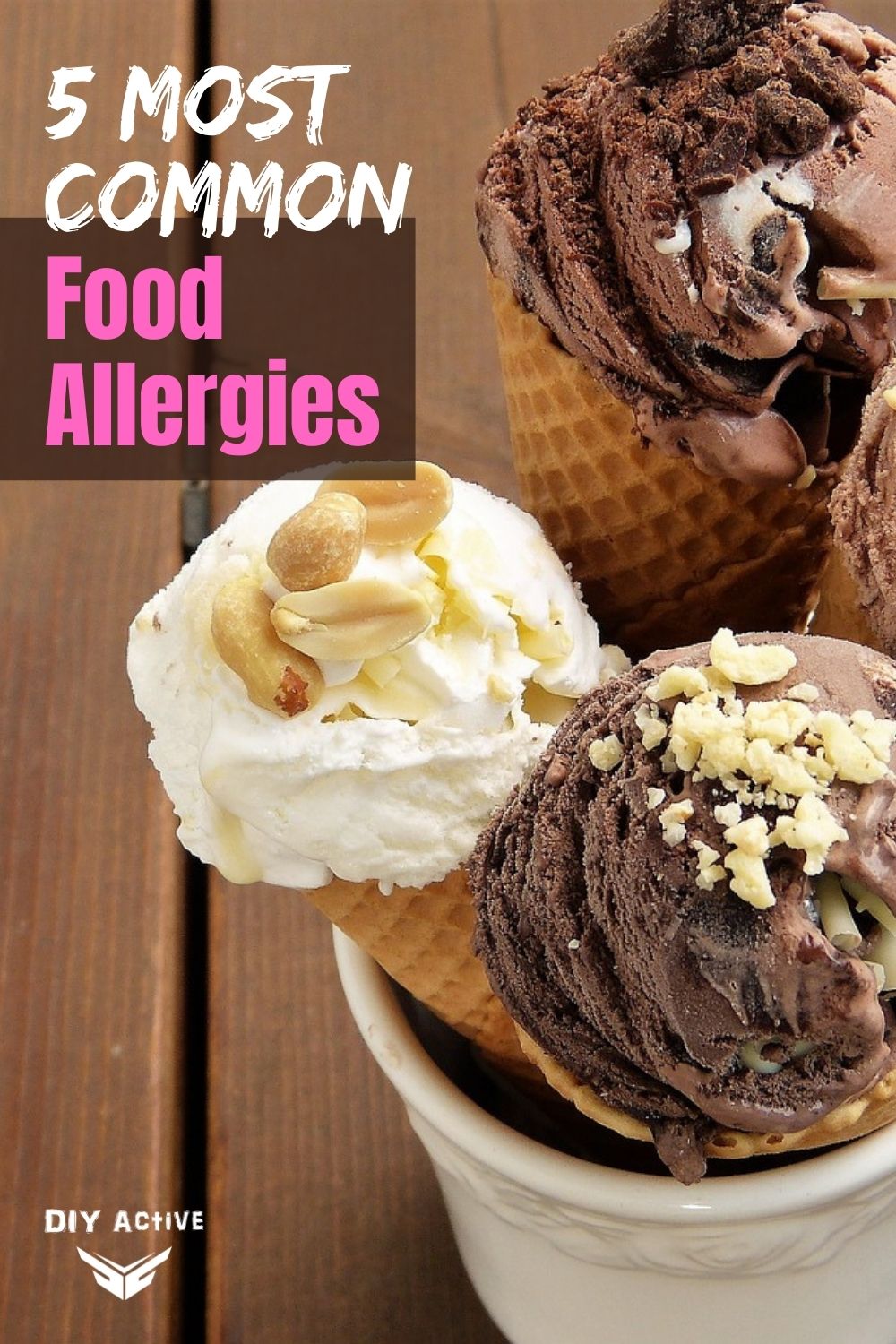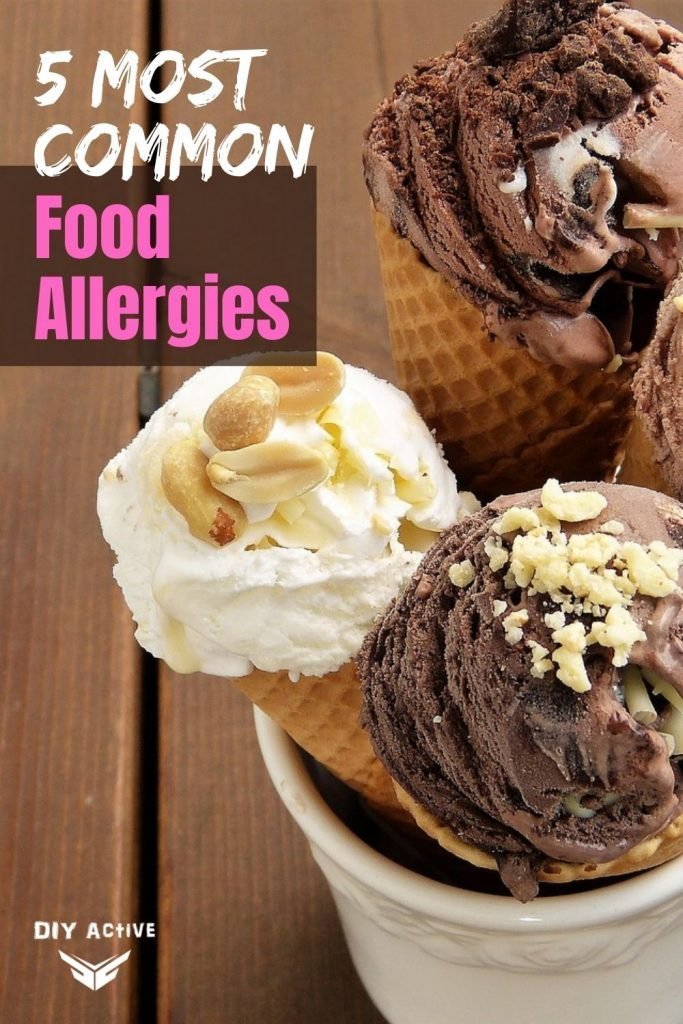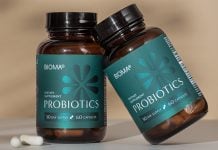
Common Food Allergies in the World
Eating is a pleasure everyone enjoys. However, sometimes when you’re eating something, you can experience an allergic reaction. Some even cause life-threatening effects, so you must be careful about what you eat if you have food allergies.
Common food allergies
Although these foods don’t look harmful, they can be to some people. Check out these common food allergies.
1. Cow’s Milk
One of the most popular in the list of food allergies in the world is cow’s milk. The reason for this is milk’s combination of lactose and protein, both of which will hurt someone with sensitive stomachs.
Lactose, the milk’s sugar, can lead to diarrhea, indigestion, and bloating, while protein can result in swelling and cramps in the gut.
Typically, people who cannot drink milk are lactose intolerant. This means that in their body, the lactase enzyme cannot digest the lactose found in milk. Milk allergy, in turn, then causes inflammation and hives in some individuals.
So, you should think twice when you want to eat foods with cow’s milk as an ingredient. Or you can be free from foods with such ingredients if you buy or make foods without using such ingredients.
2. Eggs
Although many people eat eggs, some can’t because they get an allergic reaction when they do. Some often experience an allergic reaction to eggs during their childhood years.
It’s because the human body perceives some proteins in eggs is dangerous. The body then releases chemicals and histamine, causing allergic reactions when antibodies signal the immune system.
Allergy sufferers often wonder how allergic reactions to eggs happen. When someone has an allergic reaction to an egg, the body mistakenly thinks that the allergen is actually something harmful. This makes the immune system attack the allergen, resulting in reactions like rashes, hives, and, in extreme cases, anaphylaxis.
 3. Shellfish
3. Shellfish
Shellfish, while beloved by many, is also a common allergen for many people. Shellfish is a broad category that includes oysters, clams, mussels, and other crustaceans.
Because of their popularity, many people have domesticated shellfish production making it widely available worldwide.
No matter how tasty these shellfish are, some get allergic reactions. Similar to egg allergies, allergic reactions to shellfish occur when the allergen in shellfish protein comes in contact with the body’s antibodies.
The release of antibodies is the result of the immune system perceiving the shellfish’s protein as dangerous. When this occurs, people with an allergic reaction to it experience rash, itch, or more serious reactions.
4. Wheat
A wheat allergy occurs when you eat foods containing wheat proteins. Some sources of wheat proteins include, but are not limited to, soy sauce, vegetable oil, crackers, couscous, pasta, cereals, cakes, cookies, and bread. However, some products also contain wheat proteins such as play dough, bath products, and cosmetics.
That’s why, before using or eating any product, check for its ingredients. By doing so, you can avoid experiencing allergy symptoms.
Immature digestive and immune systems, like those in babies and toddlers, tend to be more susceptible to wheat allergies. However, some children outgrow it, while others who did not experience these allergies as children end up developing it during adulthood.
If you’re experiencing an allergic reaction to wheat, you may have the following signs and symptoms:
- Diarrhea
- Cramps, nausea, or vomiting
- Difficulty breathing
- Headache
- Nasal congestion
- Swelling of the skin or itchy rash
- Throat irritation
5. Nuts
There are many different reasons why nuts cause allergies, but in general, it’s due to protein and an enzyme called proline, which is the same one that increases the activity of your immune system.
By increasing your immune system’s activity, your body will be able to fight off any infection that may occur, but when this type of enzyme is combined with the protein found in the nut, your body can’t distinguish between infection and food.
So, if you want to avoid nuts that cause allergies, try to avoid the ones that contain the enzyme proline.
Wrap-Up
Now, food allergies can appear in different symptoms for every person. Generally, people with allergic reactions to foods may experience itching, rashes, dizziness, and other physical discomforts. Worse, food allergies can even impact your health.
That’s why the first thing you need to do when you suspect you have an allergic reaction is to stop what you’re eating. After this, you need to visit a doctor and let them examine what causes you to react in such away.
By knowing the real reason, you know what foods to avoid. Or if it contains a specific ingredient that lets you respond in such a way, you’ll know it.
Even if the food looks tempting, it’s best to avoid the ones that will trigger your allergy, especially if it endangers your life.

 3. Shellfish
3. Shellfish

